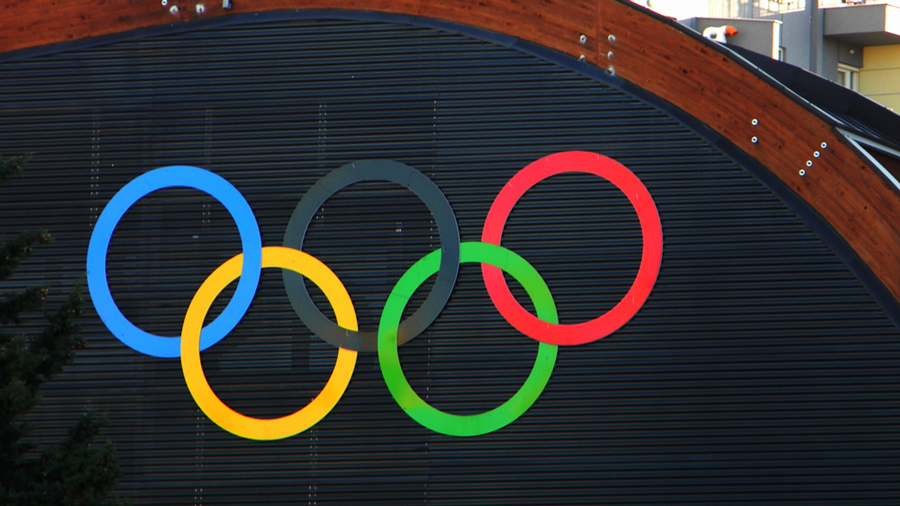Citius, Altius, Fortius — faster, higher, stronger — the immortal words that constitute the motto of the Olympics, need not be viewed as a mere endorsement of sporting excellence. Altius and Fortius, it can be argued, are an embodiment of the compact shared by the participating athletes and nations to strive for a higher, stronger moral fibre. Interestingly, the Tokyo edition of the Olympics, the Games are expected to take place in spite of a global pandemic, faces a curious moral dilemma. And ‘Rule 50’ of the International Olympic Committee lies at the heart of the conundrum.
Rule 50 prohibits athletes from indulging in any kind of racial, religious and — this, presumably is the bone of contention — political demonstration on the podium or any other Olympic venue. To be fair to the IOC, the decision to uphold Rule 50 was arrived at on the basis of a seemingly consultative process: the views on the matter of over 3,000 athletes were factored in by the IOC’s Athletes Commission. The findings of the survey are curious, given that there has been a surge in political demonstrations by athletes the world over. A team in the National Basketball Association refused to take the field in protest against the shooting of a black man in the United States of America; some teams playing the qualifiers of the football World Cup have expressed reservations about alleged human rights abuses in Qatar, the host of the tournament. Yet, in the IOC survey, as many as 70 per cent of the respondents stated that neither the field of play nor the ceremonial platform was an ideal site for demonstration; 67 per cent disavowed podium protests altogether. Politics sullies the purity of sports was their argument.
This argument, the history of Olympics would reveal, has been rendered impotent on several occasions. Perhaps the most famous of these ‘transgressions’ was the ‘black power salute’ by two Afro-American athletes in the 1968 Olympics, the most unambiguous political statement that had been witnessed by the competition. There are also examples of the Games being used to augment sinister political projects. It is widely believed that the Berlin Olympics of 1936 was used by the Nazi regime to bolster the nauseating ideals subscribed to by Hitler and his henchmen. As for the debate on whether Rule 50 ought to be perceived as an infringement on the athletes’ right to expression, there are no easy answers. There is perhaps merit in the argument that there are alternative fora to the Olympic podium that can be more effective in amplifying a political message. An explosive press conference or, still better, a political tweet or a post by sportsmen can set the world on fire. But the principle that sports and politics ought to be kept apart to maintain the sanctity of the latter is ancient — as ancient as the Games.











